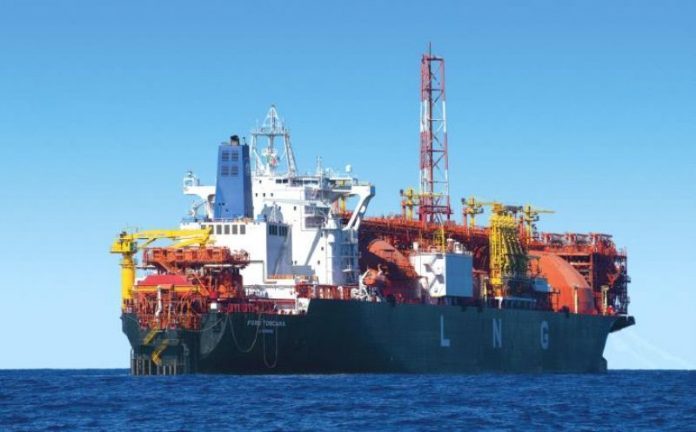Richards Adeniyi
The absence of locally owned ships has exposed Nigerian shippers to exploitation by foreign ship owners who arbitrarily increase freight rates for the transport of the country’s export cargo, the executive secretary of Nigerian Shippers Council, Mr. Hassan Bello, has said.
He said his organization is championing the establishment of Nigerian-owned vessels to transport Nigerian cargoes, adding that when this is achieved, it would reduce the high freight rate currently experienced by Nigerian shippers.
Bello spoke at the first anniversary lectures and honours organised by Searchlight Media Concept, publishers of Global Searchlight Magazine in Lagos where he was represented by the council’s Director of Special Duties, Mr. Ignatius Nweke.
Presenting a paper on ‘The role of port economic regulator in promoting export trade in Nigeria’, Bello said the council aims to ensure zero rejection of Nigeria’s produce by organising regular sensitisation and enlightenment programmes to educate shippers on exports best practices.
He said the council equally carried out timely intervention in the implementation of the container weighing policy to ensure that unnecessary expenses were not transferred to shippers.
According to Bello, interventions from the council have resulted in increase in exports in the last quarter of 2017.
Citing data from the National Bureau of Statistics, the NSC boss noted that the nation recorded N3.9bn worth of exports in the last quarter of 2017, adding that the recorded value grew by 9.35 per cent over the volume recorded in the third quarter of the same year and 31.27 per cent over the one recorded in the same period of the previous year.
He added that agricultural exports grew in value by 54.9 per cent amounting to N44.7bn compared to N16.5bn in the same period in 2016.
On what the council was doing about haulage cost that had risen by 600 per cent in the last few months, he said that the NSC had been meeting with relevant stakeholders on reducing the cost.
He said truck operators took advantage of the bad state of the roads to increase cost saying that the council would revert to the former charge after the roads had been fixed.
In his presentation, the Comptroller-General, Nigeria Customs Service, Col. Hameed Ali (retd.), who was represented by the Zonal Coordinator, NSC Zone A, Aminu Dahiru, noted that the Federal Government had put policies in place to stem smuggling and protect local industries.
Ali who presented a paper titled; “Ease of doing business: Facilitating legitimate trade for Customs processes,” said in line with the Federal Government policies, all exports are duty free.
He said that the duty of the NCS was not to formulate policies but to implement the policies and programmes of the government.
The Customs CG encouraged freight forwarders to import and export goods as long as those goods were not included in the export and import prohibition list.
He added that the Federal Government had made provision for import schemes for manufactures as well as export free zones in Lagos, Ogun and other locations in the country. This is in addition to import duty exemption certificates and waivers.

 Latest3 days ago
Latest3 days ago
 Trends4 days ago
Trends4 days ago
 Business6 days ago
Business6 days ago
 Football6 days ago
Football6 days ago
 Health5 days ago
Health5 days ago
 Featured6 days ago
Featured6 days ago
 Football5 days ago
Football5 days ago
 Business6 days ago
Business6 days ago

